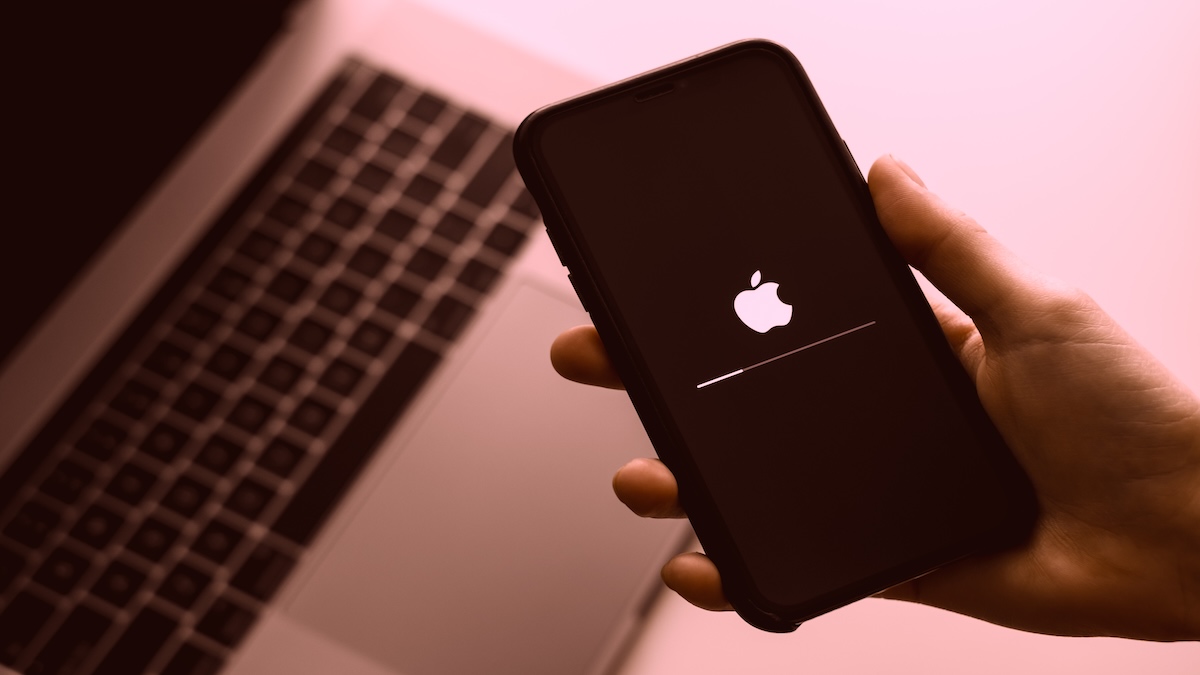Apple on Tuesday announced that it’s testing a new security feature that should prevent iPhone thieves from gaining complete control over the victim’s device and online accounts, even if the phone’s passcode has been compromised.
The Wall Street Journal reported earlier this year that many iPhone owners around the United States complained about having significant amounts of money transferred out of their accounts after their phone had been stolen.
An investigation showed that the thieves, who typically targeted bargoers, were often part of a crime ring that stole phones, but not before one member of the group observed or recorded the victim entering the passcode to unlock the iPhone that would soon get stolen.
Knowing the passcode of the stolen phone enabled the thieves to take control of the victim’s Apple ID and access financial accounts from which they could transfer money to accounts they controled.
With the release of iOS 17.3 beta, Apple is testing a new Stolen Device Protection feature that adds an additional layer of security in case an iPhone gets stolen and the thief has somehow also obtained the owner’s passcode.
When the feature is enabled, access to saved passwords is protected by Face ID verification. In addition, when someone attempts to erase the phone, use saved payment methods, apply for Apple Card, disable Find My, or use passwords or passkeys a security delay is triggered, which involves a biometric authentication check immediately and again after one hour.
This delay is not activated when the iPhone is at familiar locations, such as the user’s home or workplace.
The Stolen Device Protection feature can be tested by iOS 17.3 beta users by enabling it from the Face ID & Passcode screen in Settings.
Related: Apple Sets Trap to Catch iMessage Impersonators
Related: Apple’s Rapid Security Response Patches Causing Website Access Issues
Related: Apple Preparing iPhone 14 Pro Phones for 2024 Security Research Device Program













